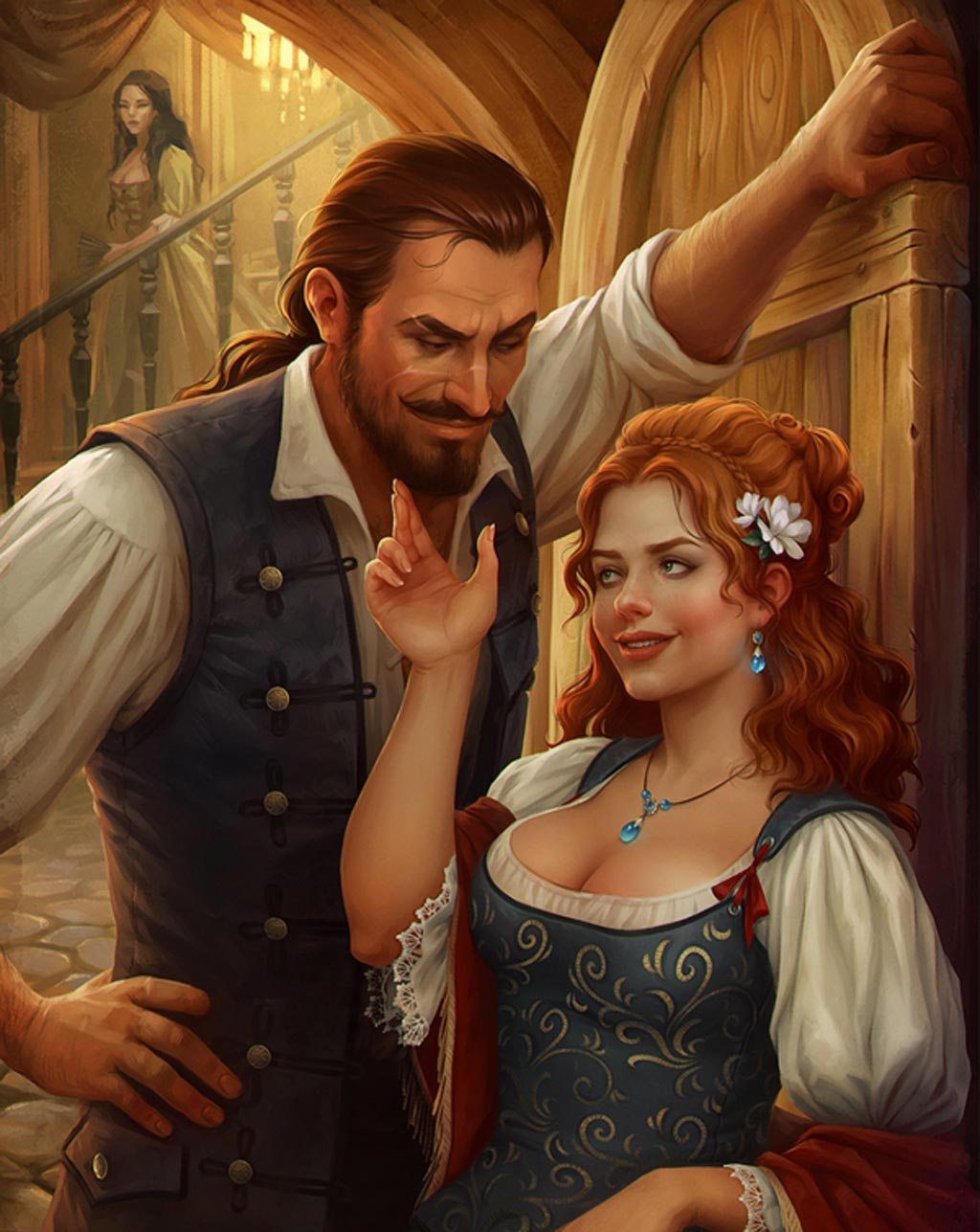Difference between revisions of "Actor I (sage ability)"
Tao alexis (talk | contribs) |
Tao alexis (talk | contribs) |
||
| Line 1: | Line 1: | ||
[[File:Actor I (sage ability).jpg|right|490px|thumb]] | [[File:Actor I (sage ability).jpg|right|490px|thumb]] | ||
| − | '''Actor I''' is an [[Knowledge Points|amateur]]-status [[Sage Ability|sage ability]] that enables the character to adequately perform supporting roles on stage. These range from minor roles to players that are pivotal or vital to the story — as in the best friend, love interest, henchfolk or villain. They are sometimes, but not necessarily unusual, interesting or eccentric characters, with facial tics, deformities and underlying volatilities, such as monsters | + | '''Actor I''' is an [[Knowledge Points|amateur]]-status [[Sage Ability|sage ability]] that enables the character to adequately perform supporting roles on stage. These range from minor roles to players that are pivotal or vital to the story — as in the best friend, love interest, henchfolk or villain. They are sometimes, but not necessarily unusual, interesting or eccentric characters, with facial tics, deformities and underlying volatilities, such as humanoid monsters, drunks, fools, mad persons, foreigners, pompous courtiers, arrogant soldiers, slaves, religious figures and many more. |
| + | |||
| + | == Skill == | ||
| + | As amateurs, characters cannot perform any of these roles with great self-confidence and assurance, but only tolerably well for the stage. However, as the character accumulates knowledge, these roles can be played to greater and greater effect. A 20-point actor is twice as comfortable and believable on stage then a 10-point actor ... while character actors with 30 and 40 points may adopt persona that will be accepted as perfectly real by witnesses, whether or not the performance is given on a stage. | ||
| + | |||
| + | However, the character will only be able to play '''one iconic part''' per ten points of knowledge, from the list given above — monsters, drunks, fools and so on. Any role looking truly different from the character requires two hours preparation before appearing ... with a chance of discovery, if the deception is exposed by a make-up failure. How this manifests in play requires sponteneity between the player and the DM, recognizing that it gives the player no special powers, only the opportunity to be someone else ... and therefore, the DM should be open-minded about supporting that. | ||
| + | |||
| + | See [[Acting (sage study)]] | ||
| + | |||
| + | [[Category: Sage Abilities]] | ||
Revision as of 23:23, 28 December 2021
Actor I is an amateur-status sage ability that enables the character to adequately perform supporting roles on stage. These range from minor roles to players that are pivotal or vital to the story — as in the best friend, love interest, henchfolk or villain. They are sometimes, but not necessarily unusual, interesting or eccentric characters, with facial tics, deformities and underlying volatilities, such as humanoid monsters, drunks, fools, mad persons, foreigners, pompous courtiers, arrogant soldiers, slaves, religious figures and many more.
Skill
As amateurs, characters cannot perform any of these roles with great self-confidence and assurance, but only tolerably well for the stage. However, as the character accumulates knowledge, these roles can be played to greater and greater effect. A 20-point actor is twice as comfortable and believable on stage then a 10-point actor ... while character actors with 30 and 40 points may adopt persona that will be accepted as perfectly real by witnesses, whether or not the performance is given on a stage.
However, the character will only be able to play one iconic part per ten points of knowledge, from the list given above — monsters, drunks, fools and so on. Any role looking truly different from the character requires two hours preparation before appearing ... with a chance of discovery, if the deception is exposed by a make-up failure. How this manifests in play requires sponteneity between the player and the DM, recognizing that it gives the player no special powers, only the opportunity to be someone else ... and therefore, the DM should be open-minded about supporting that.
